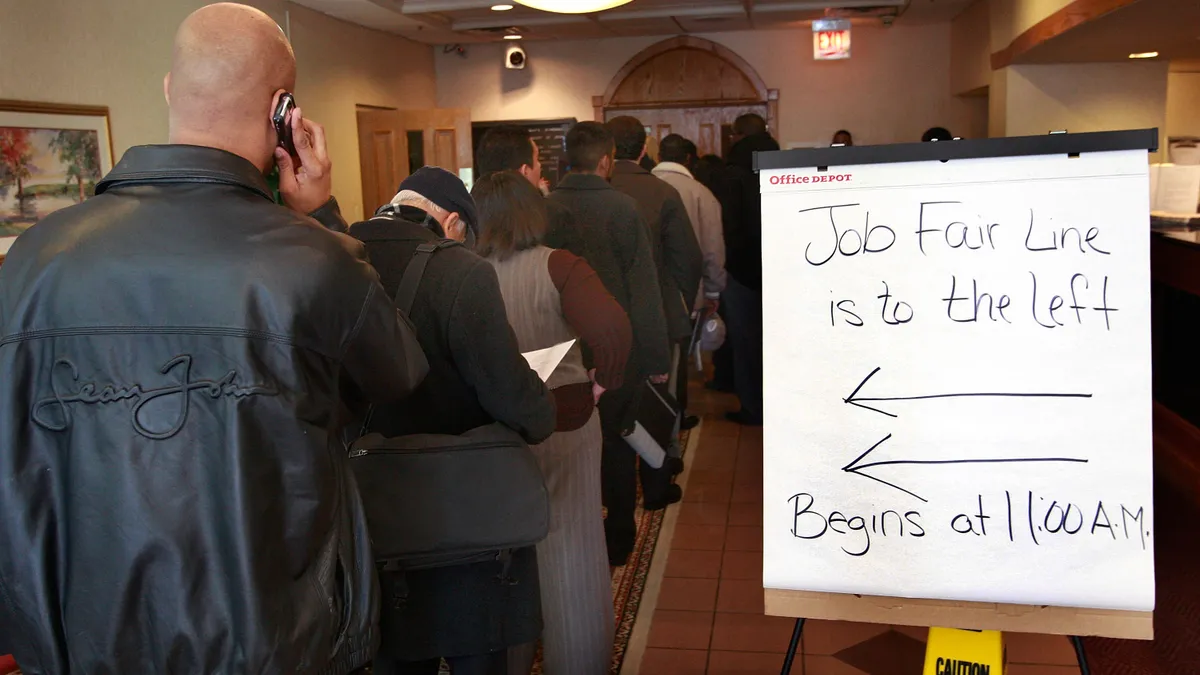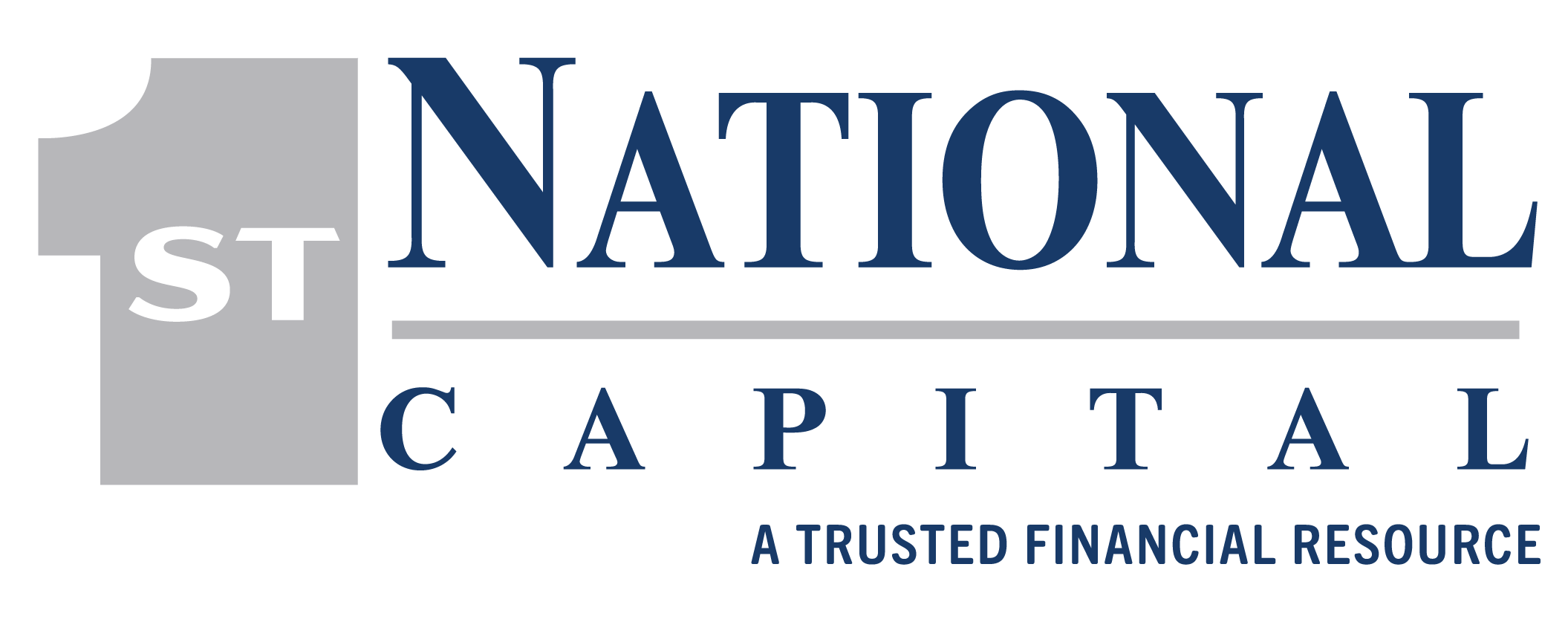When Greg Wookey started at online wellness marketplace Mindbody in 2009, it was a small software-as-a-service (SaaS) company, but its chances of going public were good because of its fast growth trajectory.
Even though it wasn’t clear if it would eventually get that far, he launched an effort to ensure the finance function was prepared. That meant beefing up its finance and accounting staff, creating a financial planning and analysis (FP&A) team, forming new relationships with auditors, lawyers, and bankers, and migrating away from QuickBooks to NetSuite so its reporting capabilities would be stronger.
"I set [these things] in motion and very early on in my career there," said Wookey, now CFO of Boulevard, another SaaS company that provides a booking and operational platform for spas and salons.
Mindbody went public in 2015 — although today it’s once again private — having been purchased by a private equity firm in 2018.
But the experience of preparing a small company for public markets still informs Wookey's work. "You have to start those processes in motion, and not wait too long, or you come up against timing," he said last week in a CFO Thought Leader podcast.
He also learned how important it is for the CFO to understand the difference between putting in long hours and creating actual value for the company.
"I was ambitious early on in my career," he said, "constantly looking [for] the next opportunity. But if you're just focused on really providing value, it’s not just doing the best you can, but providing value to somebody. That will create opportunities."
Aligning compensation with goals
The best thing he did at FileNet, a document management company acquired by IBM in 2006, was help the sales head create a compensation plan aligning how the sales team was paid with the company's priorities.
"We were able to demonstrate to the sales team how their success equaled the success of the company, and we did that through pretty rigorous modeling of comp plans, and understanding the different factors that went into that," he said.
Because Boulevard is a subscription-based SaaS company, Wookey studies the lifetime value of each subscriber the company brings on board, how much it costs to acquire each one of them (lifetime value-customer acquisition costs, or LTV-CAC), and how much it’s getting in annual recurring revenue.
"We look at each business in terms of lifetime value," he said. "What are they going to pay us over the lifetime they’re a customer with us and subtract out any of the cost and we get a gross margin. That’s a really critical component, because SaaS companies take a lot of capital to get up and running. Unlike the old days, when you got an upfront perpetual license fee of significant amount of money, we’re getting paid a little bit by a lot of companies over time. So, we look at lifetime value and try to reduce customer churn as much as we can."
When he looks at the LTV-CAC metric, he likes to see subscribers brought on board quickly.
"It’s really a measure of how fast the lifetime value measure pays back customer acquisition costs," he said. "So, it's really a measure of [business] efficiency."
Wookey came on board Boulevard about three months ago, excited, he said, by the chance to help a young company with a lot of growth potential because of its SaaS approach and the care the company took in designing its offerings.
"The subscription model is easier for salons and other types of businesses that may be run on thin margins," he said. "Back in my earlier days, I was working for a company that had client server architecture and perpetual licensing and that was a heavy upfront investment for companies."
Wookey said the company designed the platform so busy salon owners can spend time with their customers and leave appointment-booking, payments, and back-office functionality to the online platform.
"Their customers can book an appointment online without having to talk to your front office staff," he said. "They can pay easily within the system, so there’s not this need to hand hold them through that process."
Preparing for growth
When Wookey joined Boulevard last year, a company statement said it had 50 employees, and was processing more than $100 million in customer payments.
Because it's small and relatively young, the company faces a challenge getting businesses to come on board, but as a SaaS platform that generates data, Wookey believes the process will get easier.
"Over time, we get better at predicting the ability of our go-to market strategy to drive business, and the larger data set we have, the better we are," he said. "The big thing for us is, what are we doing to drive business? What are our marketing strategies? What’s our sales strategy? We have a direct sales team. We’re not yet into a channel sales program, so we use the metrics we have in terms of direct marketing spend and what kind of opportunities those are driving. As we grow and become more mature, we get better at that forecasting."
The company’s market is limited to the United States, mainly in major metropolitan cities like New York and Los Angeles, but he expects that to change.
"I think in the coming year we’ll see a presence outside of the U.S., mainly because our customers will drive us in that direction," he said. "That will create a little more uncertainty in how we grow business. But it’s really going to come down to data."




















